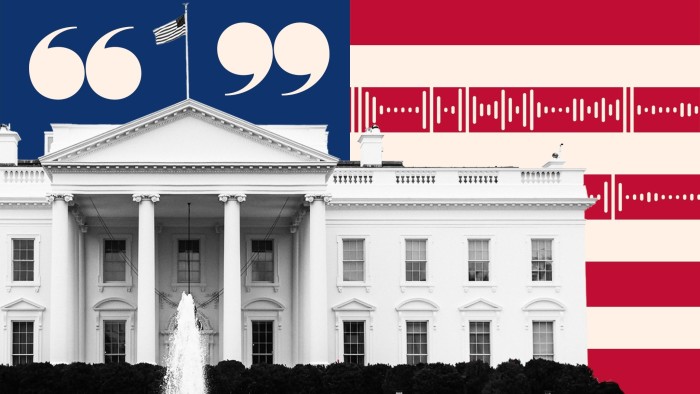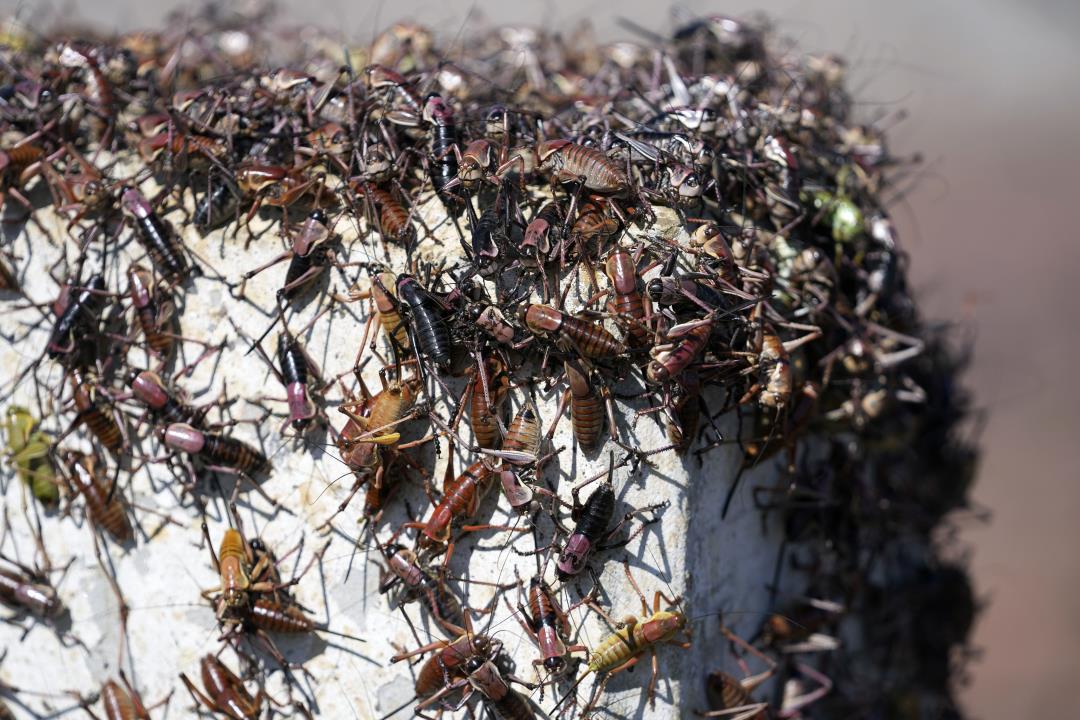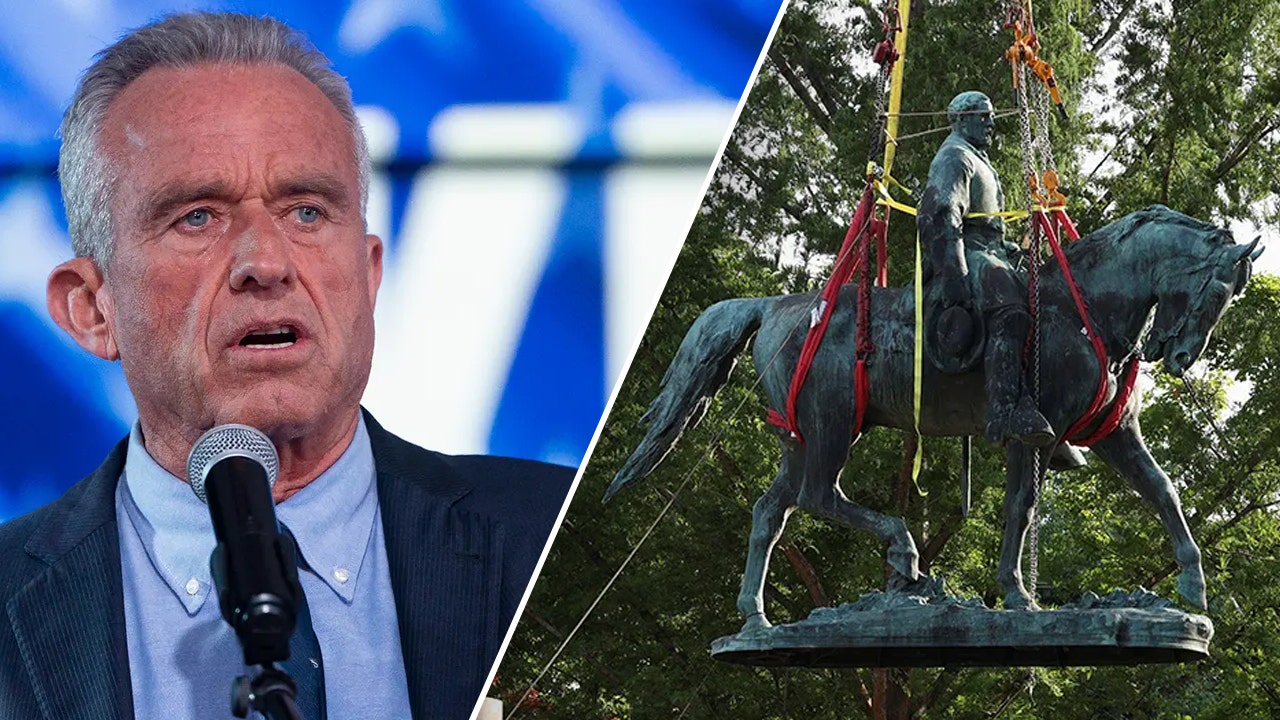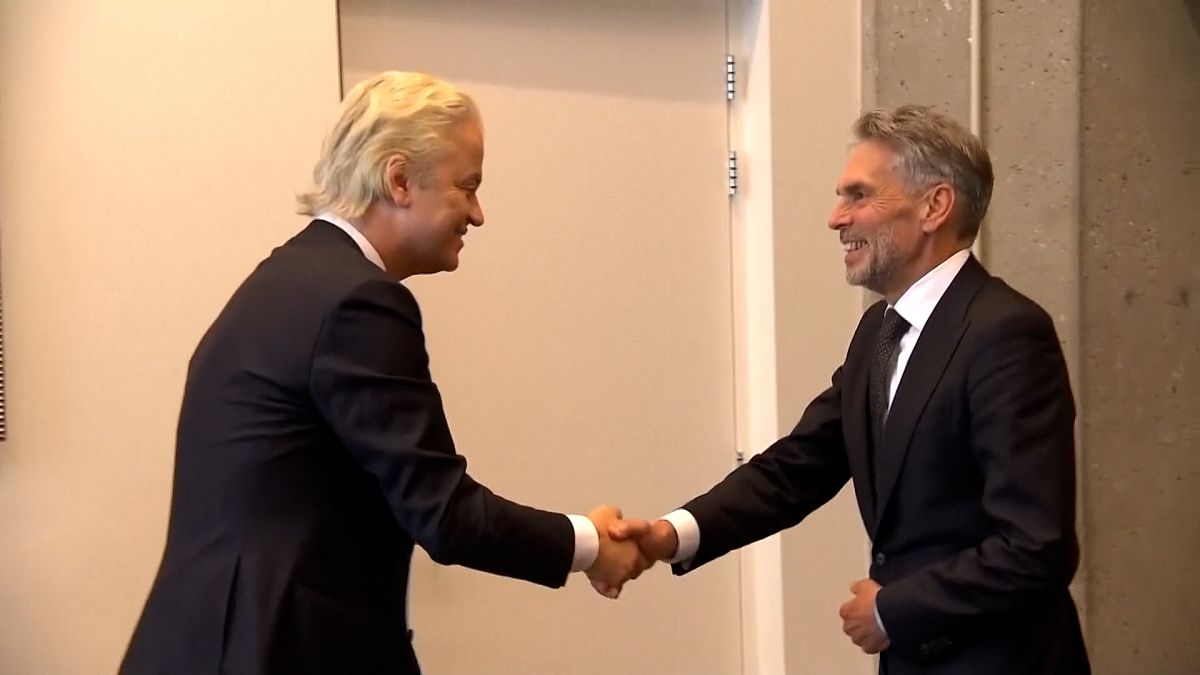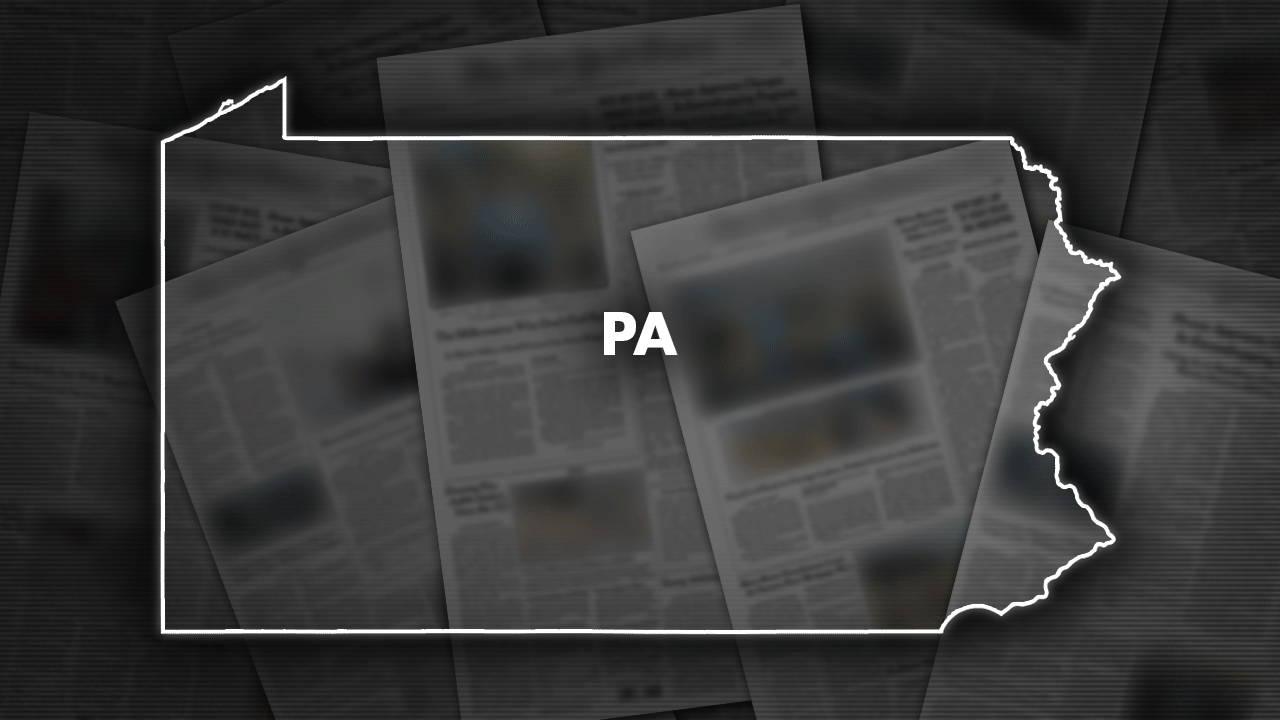This article is an on-site version of our Trade Secrets newsletter. Premium subscribers can sign up here to get the newsletter delivered every Monday. Standard subscribers can upgrade to Premium here, or explore all FT newsletters
Welcome to Trade Secrets. Last week Olaf Scholz was in Beijing; this week Xi Jinping is in the EU, stress-testing EU unity and particularly the Franco-German relationship. Today I’ll make a couple of observations on that score and then Thursday’s Trade Secrets column will look in detail at Brussels’ apparent new get-tough regime towards Chinese companies in Europe. The rest of today’s newsletter is an author Q&A on the new book by former Australian trade negotiator and Trade Secrets favourite Dmitry Grozoubinski, a rare exception to the rule that nothing interesting on trade ever comes out of Geneva. Charted Waters is on China’s currency.
Get in touch. Email me at alan.beattie@ft.com
Xi loves EU, yeah, yeah, yeah?
The dynamics around Xi Jinping’s visit to the EU aren’t exactly difficult to make out. It’s clear from Olaf Scholz’s muted rhetoric during his trip to China last month that Germany’s dependence on the Chinese market still restrains Berlin from regarding China as a full-on economic competitor, let alone a strategic rival.
Emmanuel Macron, whom Xi met yesterday, gives off a more combative air, and is trying to stop China from driving a wedge between France and Germany. The French president’s recent speech at the Sorbonne (here in translation) set out a strategy aiming to operationalise “strategic autonomy”, a concept the EU invented in 2020 and has been trying to define ever since, with much more interventionist trade and industrial policy to create European industries and actively to manage supply chains.
But though Macron’s vision sounds cohesive, it will struggle not just with Germany’s continued reliance on the Chinese market but a lack of trust elsewhere in the EU. For one, Macron has a history of lurching back and forth on China. It’s not just his notorious comments on Taiwan after his trip to China last year but also a sudden last-minute switch to support the doomed Comprehensive Agreement on Investment deal with Beijing in 2020, reportedly because some trade and investment goodies were dangled in front of France to get it to shift.
The immediate deliverable of yesterday’s Macron-Xi meeting was for China to hold off on retaliatory tariffs on cognac, another France-specific concession. (Meanwhile, Scholz’s trip to Beijing apparently won him some favours on German exports of beef, pork and apples: the Chinese approach to buying off trading partners’ discontent really isn’t subtle.)
This feeds the old suspicion, fair or not, that France’s EU-wide solutions reflect its own interests. It’s less a strategic vision of the EU car industry that caused France privately to push for the investigation into subsidies for electric vehicle imports than French carmakers suffering more than their German counterparts from Chinese competition.
One of France’s previous attempts to create a pan-EU industrial policy through a sovereignty fund essentially fizzled out, again partly because of a belief elsewhere in the EU that here was Paris wanting to bail out French companies again. Macron has identified pressing issues with an overarching analysis and proposed some solutions. But France unfortunately isn’t the best country to be pushing them, at least unless Macron can convince Scholz to embrace his vision as well.
Lying trade lies and the lying pols who tell them
Dmitry Grozoubinski’s “Why Politicians Lie About Trade” comes out in May. If you want a two-word review, it’s great. It describes official myths and distortions, from overselling trade deals to claiming distance no longer matters in trade to saying corporations control the world by infiltrating the WTO. To give you a flavour of the tone, corporate lobbyists’ occasional visits to a WTO meeting have “the bemused and mildly horrified ‘what’s all this then?’ air of an English constable arriving on the scene of an out of control food fight at the local clown college”.
AB You want the book to be “accessible hard work worth doing”. (Obviously a cynical play for the mass market.) Who most needs to know this stuff? Politicians themselves, journalists, businesses, voters?
DG My publisher’s preferred answer would be “every man, woman and child on planet Earth”, but that’s probably a touch ambitious. I wrote this book for people who have policy issues they care about, whether it’s climate change, job creation, national security or anything else. Trade and the decisions governments make about it impact all of these.
AB Brexit and Trump’s trade wars might be expensive ways to learn about trade, but have they oddly led to more appreciation of the issues?
DG Absolutely. One of the reasons trade has historically been so easy to lie about is how separated causes and effects are. You sign a free trade agreement today and 10 years from now you can look back and (if you squint) make some guesses about what it actually did.
Brexit and Trump’s trade wars, because they were about unpicking the existing order and potentially doing so very abruptly, forced all sorts of people to take these issues a lot more seriously and start asking far harder questions about what’s under the hood. There’s nothing like staring down the barrel of mile-long queues at the border and empty supermarket shelves to make everyone, from voters all the way up to prime ministers, ask a few follow-up questions.
AB You had a very interesting observation about economists being brought in only at the end of trade talks to make up some figures to justify the deal.
DG What I was trying to illustrate as gently as I could is that trade negotiations and trade policy are first and foremost about politics and power. In a fight between a policy the economic modelling says will have greater long-term GDP benefits, and a policy the political affairs folk say has the strong backing of a large and vocal interest group, my money is on the latter. Polish farmers aren’t being coddled on Ukrainian grain imports because some wonky IMF econometric analysis said so.
AB I remember talking to Doug Irwin once who said that Nafta boosters said it would create half a million jobs and Nafta bashers said it would destroy half a million jobs. In fact jobs-wise it was probably a wash. How much is overstatement on both sides a problem?
DG Overstatement is the greatest problem humanity has ever faced, or ever will. More seriously, yes I think it’s a problem that especially before the text is public, both supporters and detractors of a trade agreement can say literally anything about its impacts in an ultimately unfalsifiable way. A trade agreement could do just about anything.
More practically though, I think the challenge is that we focus on tools like trade agreements when we should be having a discussion about the problems we’re trying to solve. A trade agreement isn’t a goal in and of itself, any more than “surgery” is an objective.
AB I literally can’t think of a question to ask you about the WTO. Is that OK?
DG Probably not a great sign for the organisation, but absolutely fine by me!
AB If you had to advise governments to make a positive but honest case for more trade that they’re currently not making, what would you say?
DG I would say that tariffs are taxes on your own citizens for being insufficiently patriotic in their purchasing choices, and that feels like there should be a high bar to clear before we reach for them as a policy tool.
I would say that climate change requires us to pool the ingenuity, creativity and productivity of the entire world and we can’t afford to caveat our climate ambitions on all solar panels and electric vehicles being made exclusively in our swing electoral districts.
And I would say that people are smarter than the current level of discourse and can be trusted to understand trade-offs if they’re clearly and honestly explained.
Charted waters
China doesn’t want a sharp destabilising devaluation of the renminbi, as George Magnus argues here, even if in theory it would help its renewed export drive. But downward pressure on the currency from falling interest rates and capital outflows suggests that at some point it might not have much choice.
Trade links
The OECD, WTO and IMF are all predicting a sharp rebound in global goods trade this year driven by strong US economic growth and falling inflation.
My FT colleagues consider the controversial plans among some of the rich democracies to seize Russia’s frozen assets.
A report from the Center for Strategic and International Studies think-tank looks at new tools the US can use to combat Chinese coercion.
The Economist examines how China and the US are trying to recruit countries as allies in their tussle with each other.
The EU agriculture commissioner has asked China not to target agriculture in trade disputes, one of the more quixotic requests to come out of Brussels in recent years and one that essentially confirms where Europe’s economic weak spot is.
Trade Secrets is edited by Jonathan Moules
Recommended newsletters for you
Britain after Brexit — Keep up to date with the latest developments as the UK economy adjusts to life outside the EU. Sign up here
Free Lunch — Your guide to the global economic policy debate. Sign up here








